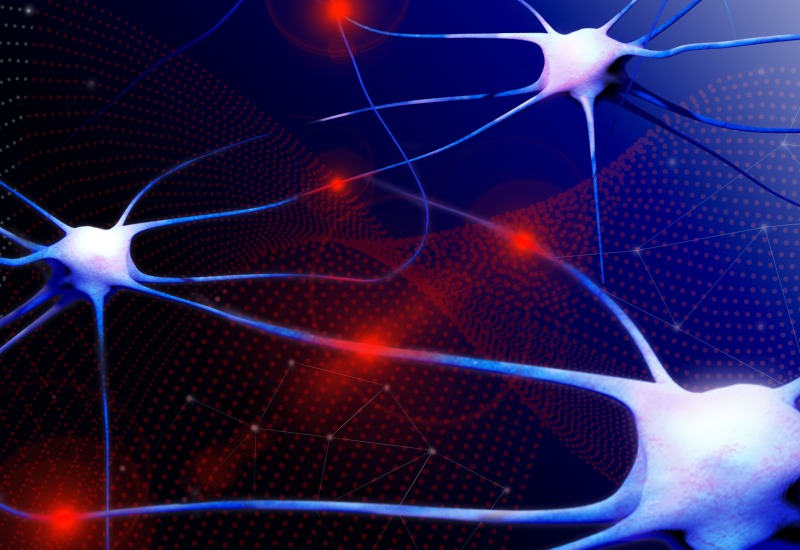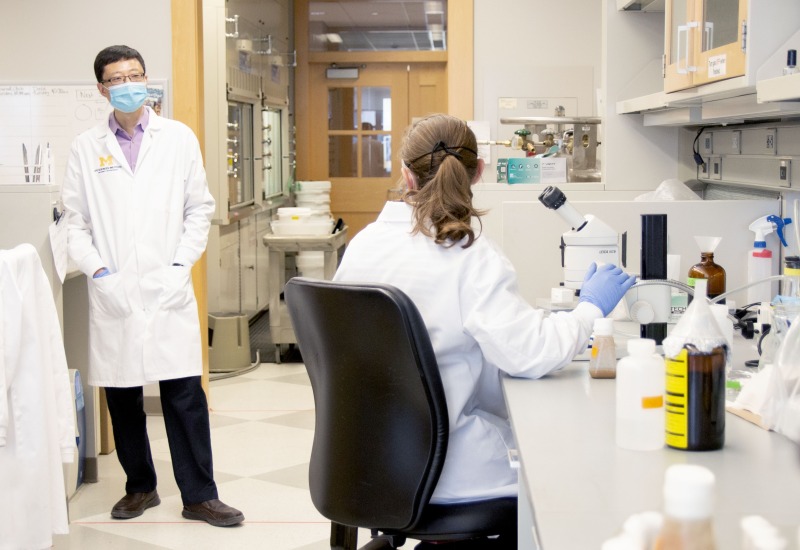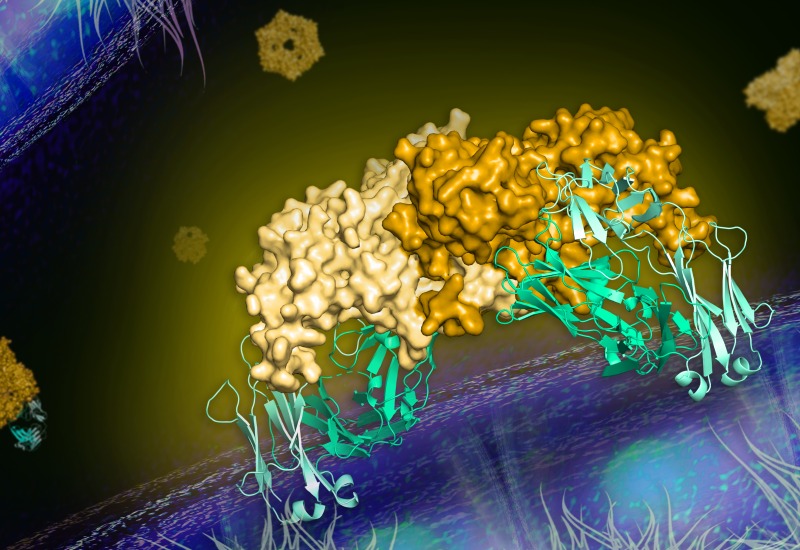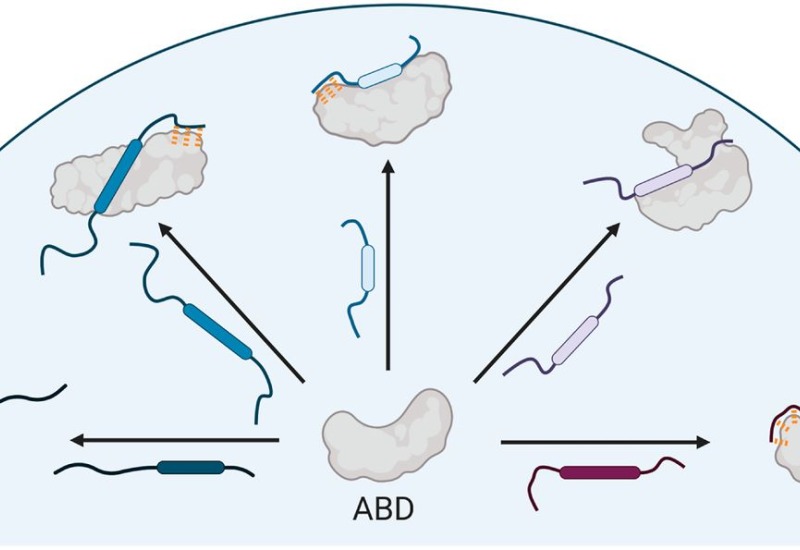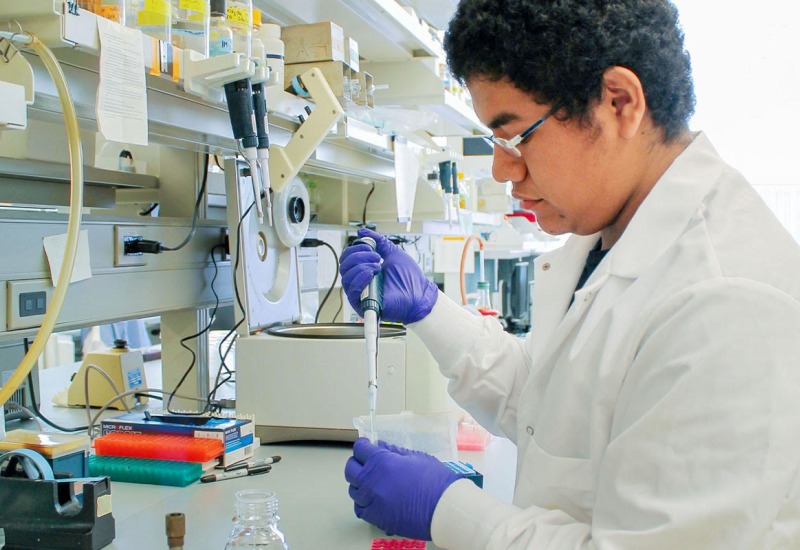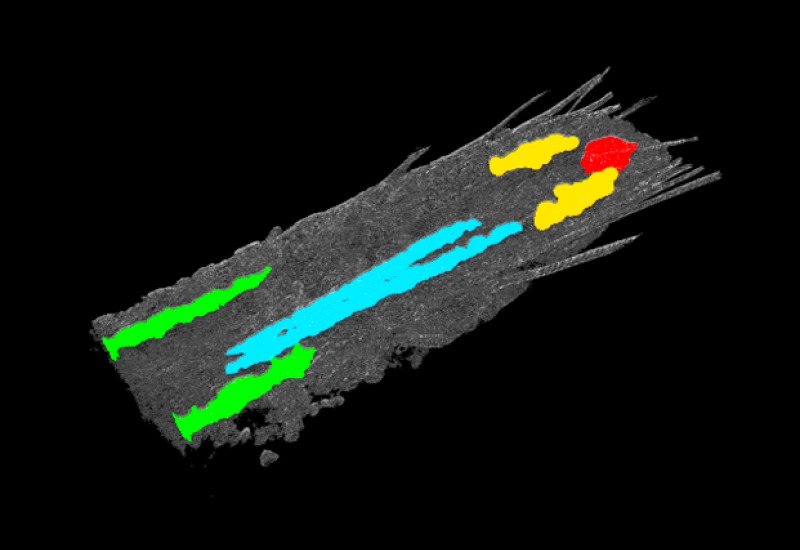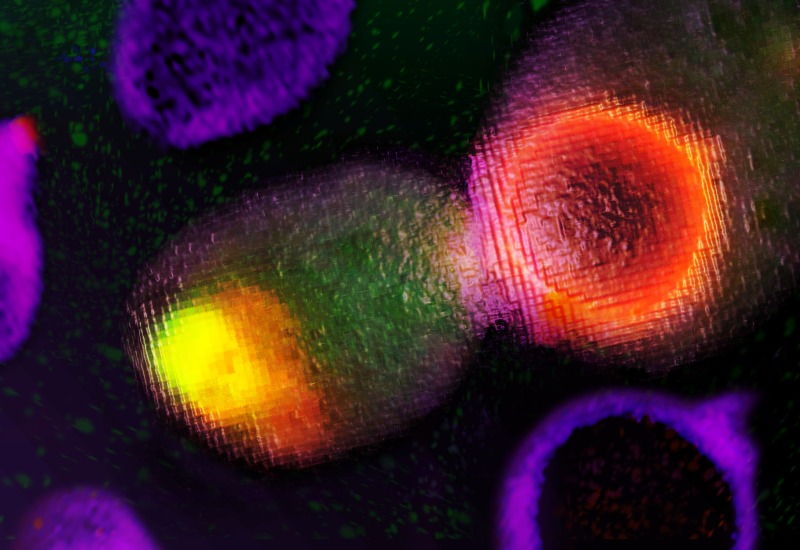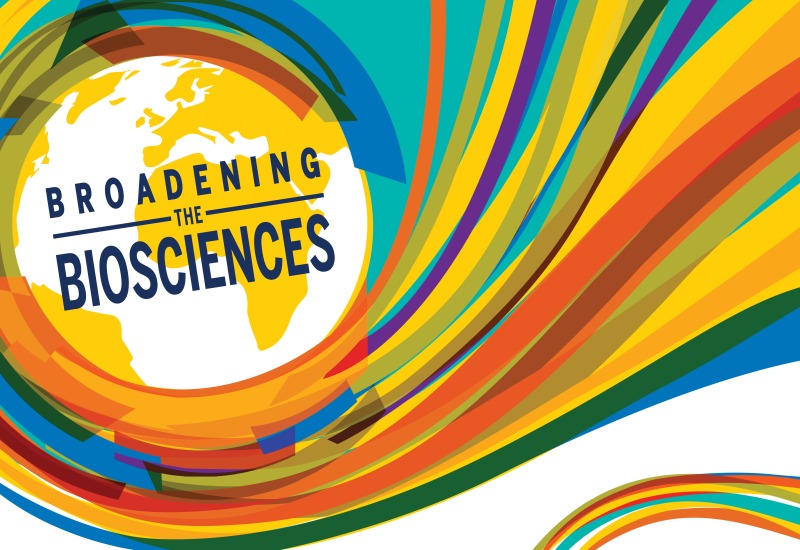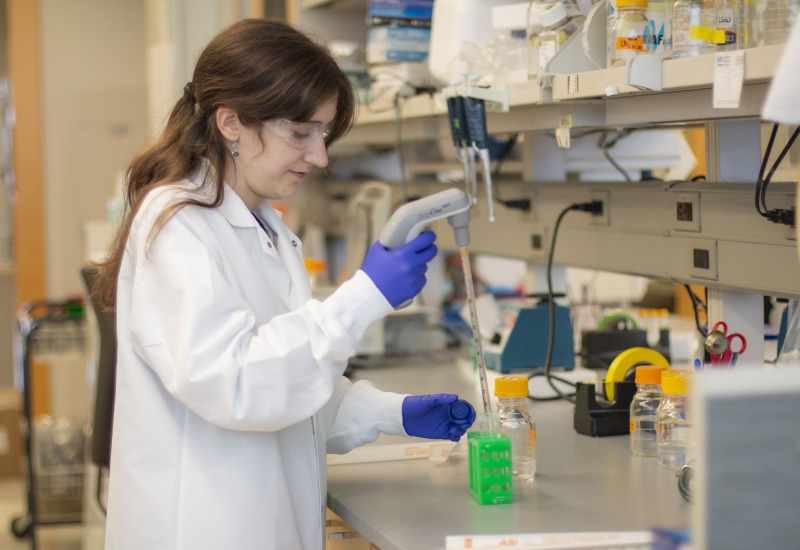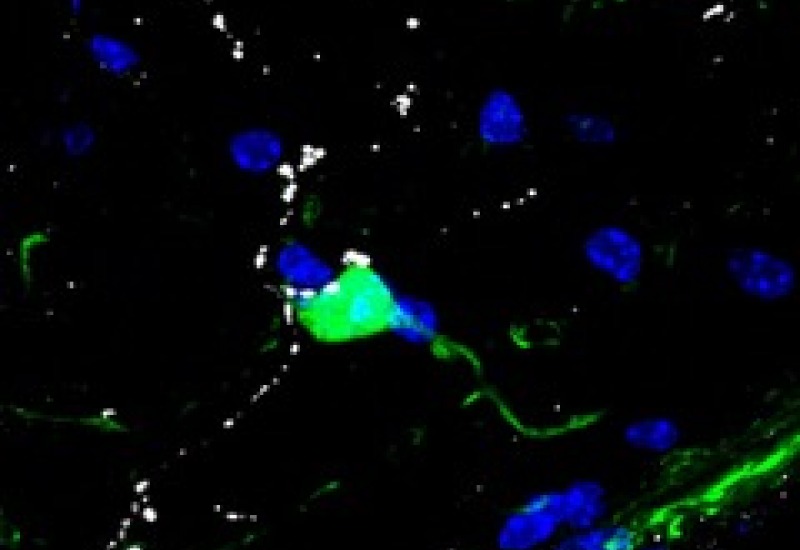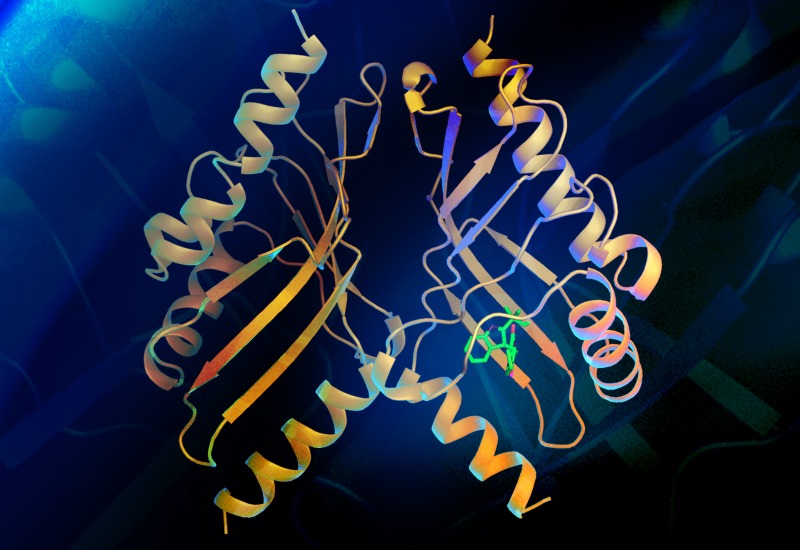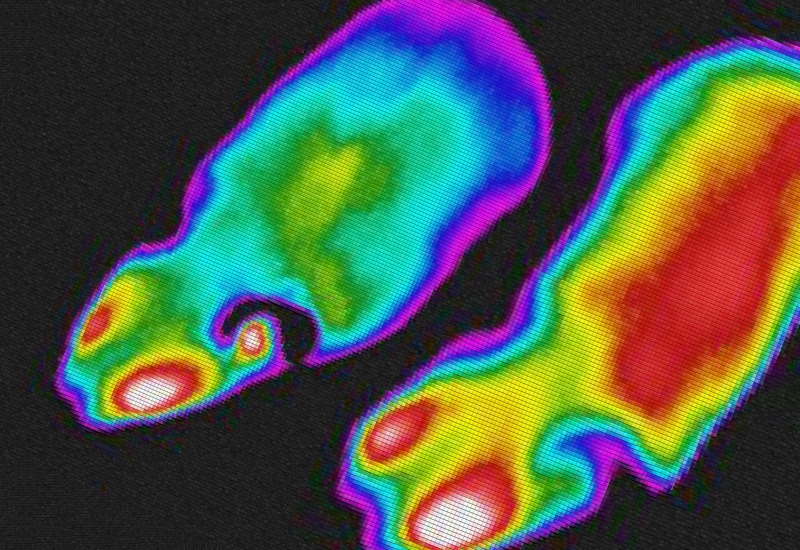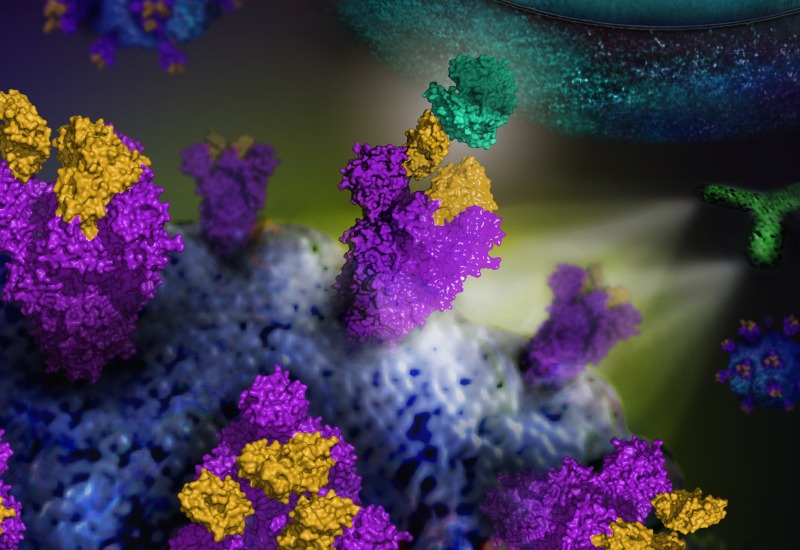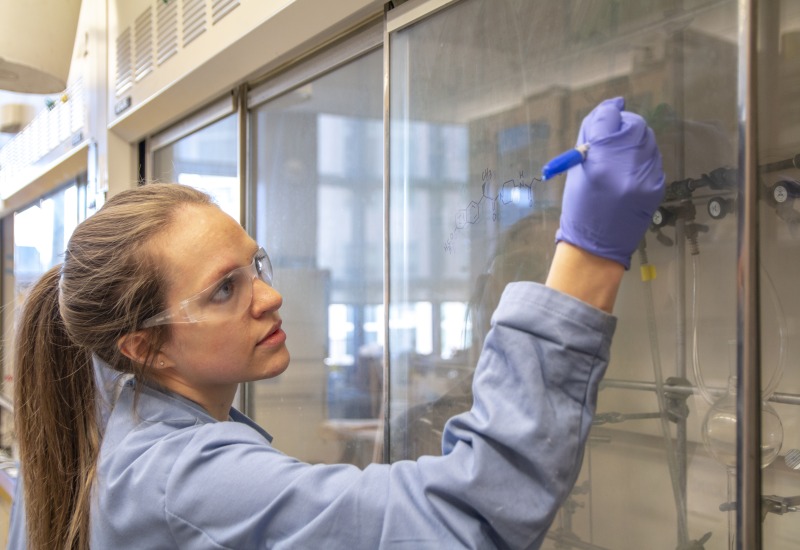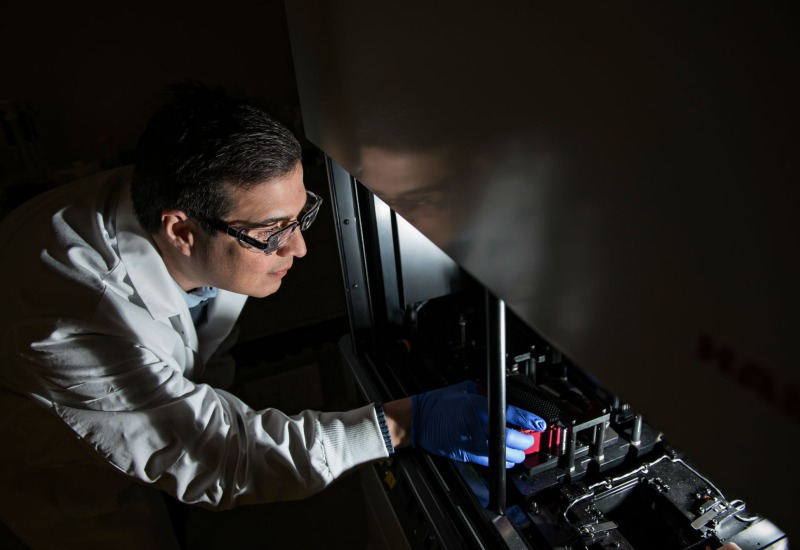Neural networks form and rebound in response to feeding and hunger, new research shows
A new study from the University of Michigan offers insights into how neural circuitry in the brain operates and responds to feeding and hunger in real-time.
President Emerita Mary Sue Coleman recognized in building naming
The building that houses the LSI will be named Mary Sue Coleman Hall. This naming recognizes her enduring commitment to the sciences and her role in spearheading the Life Sciences Institute, as well as her highly successful tenure as president of U-M.
Bing Ye discusses the impact of a full year of reduced research efforts at the LSI (and it might not be all bad)
As we marked our first “Panniversary,” LSI professor and research associate dean Bing Ye reflected on how the institute has navigated a year of reduced research efforts, and the potential long-term impacts — both good and bad — on the scientific enterprise.
Research Highlight: New tool can “SPOT” presence of opioids in individual cells, offering clearer picture of their activity
Researchers in the lab of Wenjing Wang, Ph.D., have designed a new chemical tool that can detect the presence of opioids at a cellular level.
New research reveals how one antibody blocks dangerous effects of dengue virus infection, offering a potential path to prevention
A team of researchers has discovered an antibody that blocks the dengue virus’s ability to cause disease in mice. The findings open the potential for developing effective treatments and designing a vaccine for dengue and similar diseases.
Klatskin-Sutker Discovery Fund award supports development of novel antivirals at the LSI
Researchers are advancing a novel approach to developing antivirals against SARS-CoV-2, with support from the LSI’s Klatskin-Sutker Discovery Fund
Research Highlight: New understanding of gene-activating complexes may offer ‘a way forward’ for drug discovery efforts
New research is challenging a long-held understanding of how two types of cellular proteins cooperate to activate genes. The findings improve the possibility of targeting these interactions with small-molecule drugs.
New faculty member broadens U-M’s structural biology expertise
Shyamal Mosalaganti’s new research program at U-M will take advantage of the LSI’s cutting-edge cryo-ET resources to investigate how multi-protein cellular complexes perform their functions within the context of the cell environment — and how these functions contribute to health and disease.
From Aspiring to Aspirnaut
U-M program connects future scientists to the lab, the university and their goals
New study reveals how the nervous system mutes or boosts sensory information to make behavioral decisions
Researchers have uncovered a neural network that enables Drosophila melanogaster to convert external stimuli of varying intensities into a “yes or no” decision about when to act.
Cells rely on multiple controls to coordinate cargo delivery, new research shows
Researchers have uncovered a new twist in the complex process cells use to transport their molecular cargo.
2020 Saltiel Life Sciences Symposium explores diverse approaches to biological and biomedical research
This year’s LSI Saltiel Life Sciences Symposium will examine innovative and creative research taking place to address scientific challenges across the biosciences. The two-day virtual event will offer a combination of full lectures and shorter talks from both external speakers and U-M investigators.
Magnifying the MicroAmazon: Searching for potential new medicines where biodiversity boils over
Deep in the Peruvian Amazon Rain Forest, microorganisms are thriving within a river so hot, it boils. U-M graduate student Rosa Vásquez iexploring the Boiling River’s ecosystem, searching for genetic clues that explain how these organisms have evolved to survive in their scalding surroundings.
Michigan Life Sciences Fellows program welcomes newest cohort remotely
While many U-M labs were closed, new and current fellows in the Michigan Life Sciences Fellows program created opportunities to strengthen their network and develop professional skills.
Tracing the source of sighs: Researchers find new neurological circuit that controls ‘emotional sighs’ in mice
New research reveals that one group of neurons controls various types of sighing, but they receive their instructions from different areas of the brain depending on the reason for the sigh.
Researchers identify a new approach to turning on the heat in energy-burning fat cells
Researchers have discovered a new signaling pathway that prompts one type of fat cells to convert fat into heat.
Research Highlight: New study reveals how some fungi initiate a crucial chemical reaction in nature’s lab
An international team of researchers has decoded the complex process that fungi use to build an important class of bioactive compounds.
When untethered, this signaling protein intensifies inflammation in obese mice, new study reveals
Researchers have discovered how a protein that is overproduced by fat cells in an obese state may be contributing to the demise of two immune cell types — and driving further metabolic disorders in the process
U-M researchers advance antibody test development to aid in the international fight against COVID-19
U-M scientists are advancing a new antibody test to identify people who have been infected with the novel coronavirus that causes the COVID-19 disease.
Balancing Autonomy and Community to Cultivate Tomorrow’s Scientific Leaders
In the Michigan Life Sciences Fellows program, May-Walt Fellow Brittany Morgan, Ph.D., has found a balance of independence and community that will serve her well as she prepares for her independent scientific career. Learn how this 'super postdoc' program is helping fellows get a step ahead in their early careers and developing the next generation of scientific leaders.
Discovery of protein’s configuration could lead to more effective anti-obesity treatments
An international team of researchers has unveiled the precise shape of a key player in human metabolism, which could open the door to better treatments for obesity and other metabolic disorders.
Automated ‘pipeline’ improves access to advanced microscopy data
A new data-processing approach offers a simpler, faster path to data generated by cryo-electron microscopy instruments, removing a barrier to wider adoption of this powerful technique.
New partnership with international pharmaceutical company provides up to $10 million for drug development research at the University of Michigan
The University of Michigan and Sun Pharma Advanced Research Company (SPARC) have launched a partnership to accelerate the development of potential new medicines for a wide range of diseases.
Peter Toogood to direct Michigan Drug Discovery
The new director of Michigan Drug Discovery has big plans for how the initiative can continue to impact the university and the regional economy.



